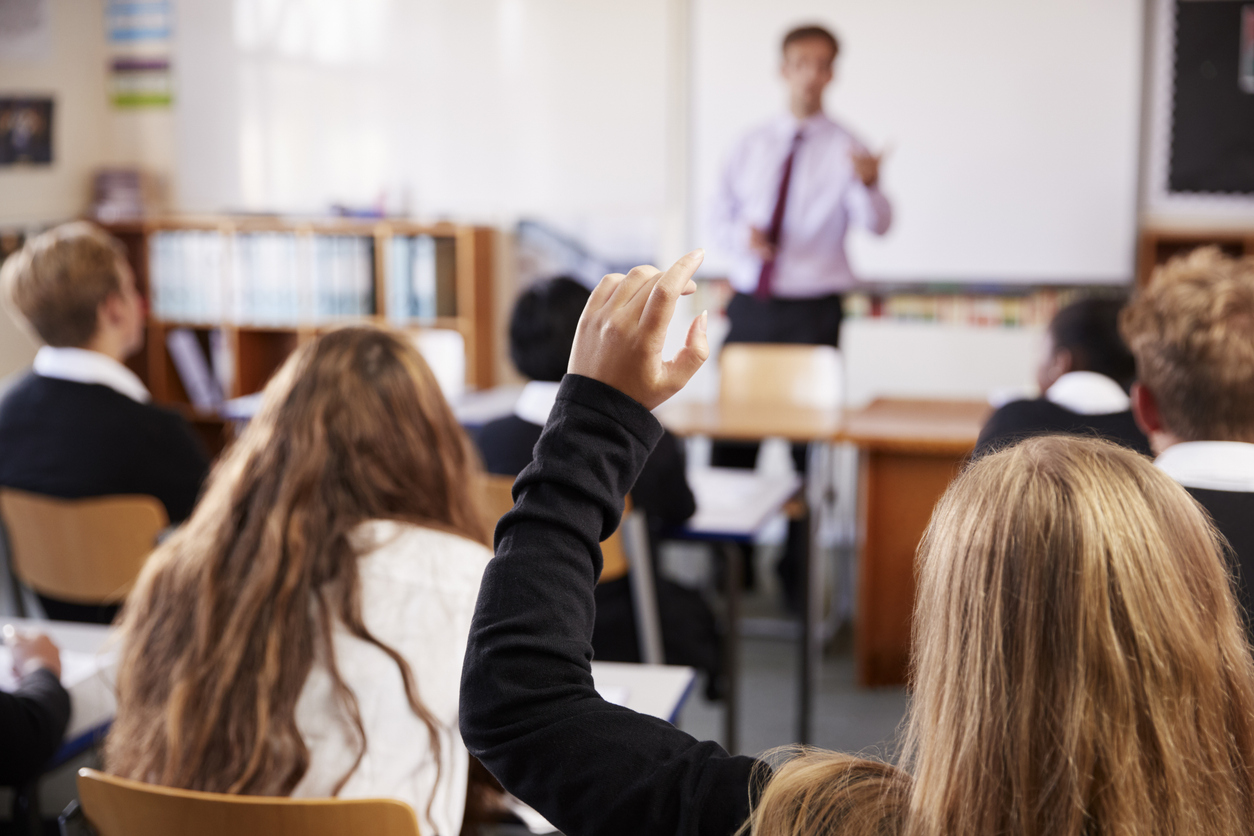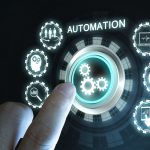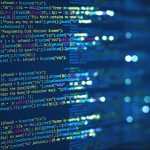AI in the Classroom: Innovation or Erosion of Education?
Artificial Intelligence (AI) is no longer just a Silicon Valley buzzword—it’s entering classrooms across the UK and the US at a rapid pace. Schools are experimenting with AI-driven lesson plans, automated grading, and even chatbot tutors. But beneath the hype lies a serious question: is AI enhancing learning, or quietly eroding the skills students need most?
How Is AI Being Implemented in Education?
AI is creeping into classrooms in subtle but significant ways. In the US, platforms like Khan Academy’s AI tutor and Quizlet’s AI-powered study tools are designed to support personalised learning. In the UK, pilot programs are testing AI lesson planning systems to lighten teacher workloads and track student progress.
These tools promise efficiency. Teachers save time on marking; students get tailored resources. But implementation is uneven. Well-funded districts can afford sophisticated platforms, while underfunded schools rely on basic, sometimes unreliable AI. This creates a digital divide where some students get a cutting-edge education while others fall behind.
What Are the Risks of AI in Education?
The biggest risk isn’t about what AI can do—but what students stop doing. Research, critical thinking, and creativity risk being replaced by quick AI-generated answers. A student who lets ChatGPT write their essay or solve their maths problem isn’t learning—they’re outsourcing their education.
This dependency threatens to turn AI into an academic “cheat code.” Over time, it could create a generation highly skilled at prompting machines but lacking the ability to think independently. Teachers also worry AI will shrink attention spans and weaken classroom discussions that develop deeper reasoning.
What Is the AI Policy for Schools in the UK?
The UK Department for Education has cautiously welcomed AI, but with clear caveats. Official guidance warns that AI should never replace traditional teaching methods, and schools must ensure exam integrity. Concerns about plagiarism, data privacy, and over-reliance remain at the forefront of policy debates.
The US is taking a similar path, though less centralised. New York City schools initially banned ChatGPT, only to later pivot towards teaching “responsible use” in classrooms. Both the UK and US recognise AI’s potential but are still searching for the right balance between innovation and integrity.
Related: Is Back-to-School 2025 the Year of Luxury Tech in the Classroom?
Is AI Enhancing Education or Replacing It?
AI has undeniable strengths: instant feedback, adaptive lessons, and round-the-clock tutoring. For struggling students, it can bridge gaps that teachers don’t always have time to address.
But the danger lies in overuse. AI should complement the learning process, not complete it. A student guided through research by a teacher learns how to analyse sources and form arguments. A student given an AI-generated summary learns only how to consume, not to question.
The more AI takes over the process of thinking, the more it risks hollowing out education’s core purpose: developing minds, not just producing answers.
Is This Fair for Students?
Fairness is already a concern. If AI use varies from school to school, or even between students in the same class, assessments may not reflect true ability. Universities and employers could struggle to distinguish between genuine skill and AI-assisted work.
Beyond fairness, there’s a long-term risk. Students who lean too heavily on AI may lack resilience, problem-solving skills, and creativity—all qualities essential in higher education and the workforce. If the education system normalises shortcuts, today’s learners could face real disadvantages tomorrow.
Related: AI Tried to Blackmail Its Engineer—Are We Safe?
Related: The Learning AI Agent That Gets Smarter Every Day
How Educated Will the New Generations Really Be?
This is the defining question. Future generations may appear highly capable because AI tools give them instant answers. But true education is not about speed—it’s about struggle, discovery, and depth.
If schools over-integrate AI, we risk raising a generation of knowledge consumers rather than knowledge creators. Students will know “what,” but not “why” or “how.” That gap could prove catastrophic for innovation, democracy, and society at large.
AI Should Be a Tool, Not a Teacher
AI has the potential to reshape education for the better—but only if it is used wisely. Teachers must remain at the heart of learning, with AI as an assistant, not a replacement. Policymakers must set firm boundaries to prevent AI from turning education into a shortcut economy.
Critical thinking, research skills, and independent creativity are not optional extras—they are the foundations of a healthy, educated society. Without them, the risk is clear: a generation that seems smarter than ever, but in reality, knows less.
Related: Peter Thiel's Secretive AI Empire













